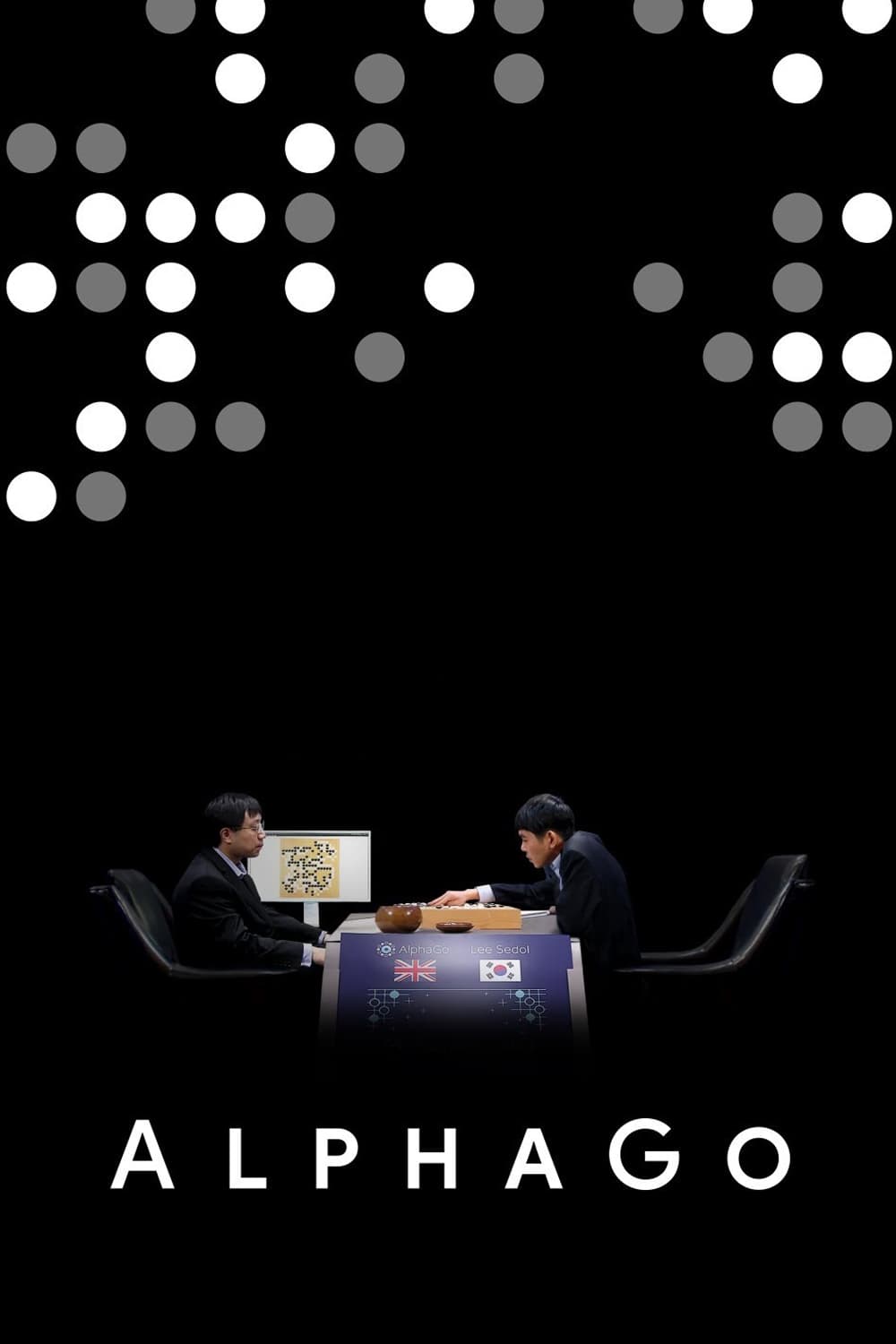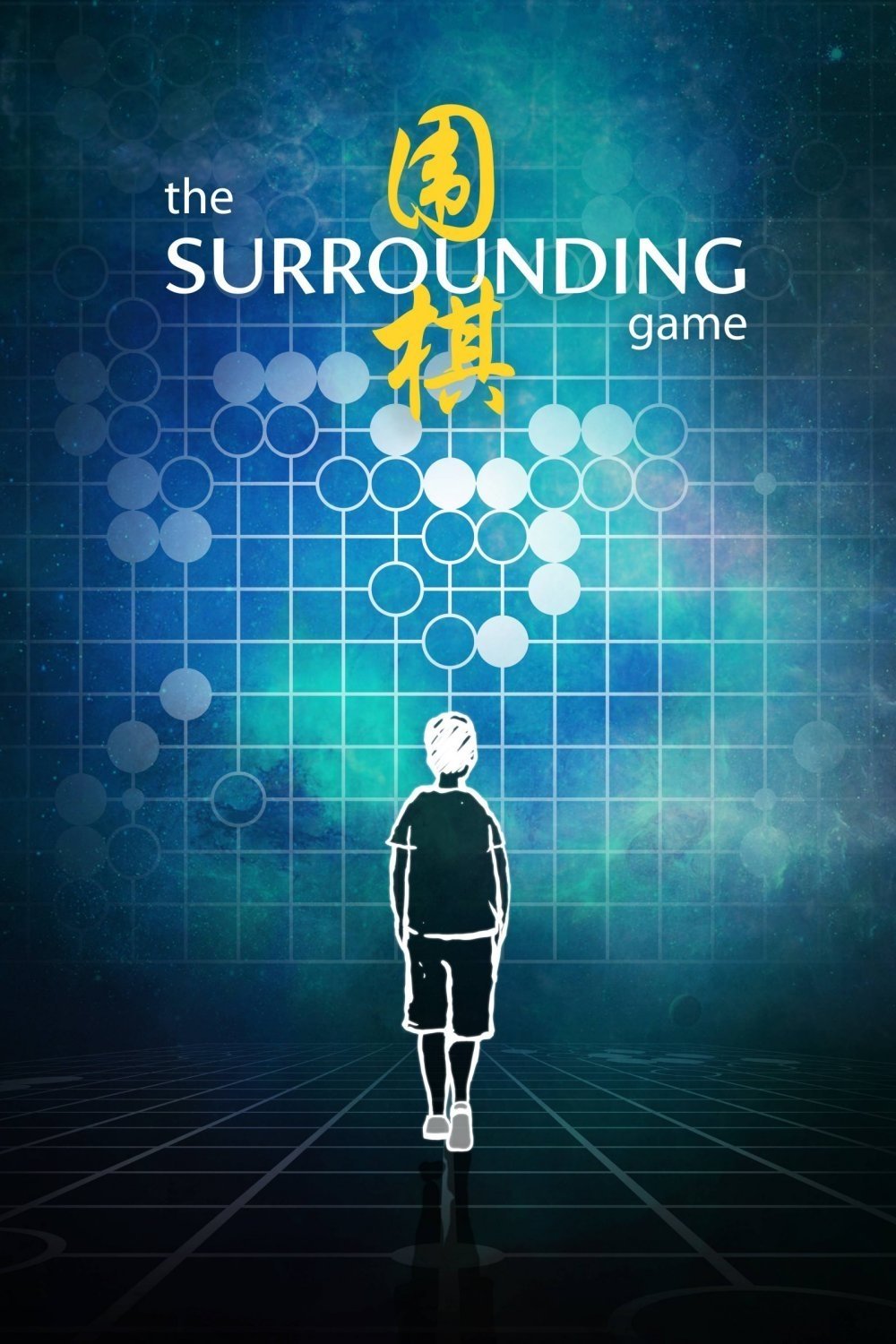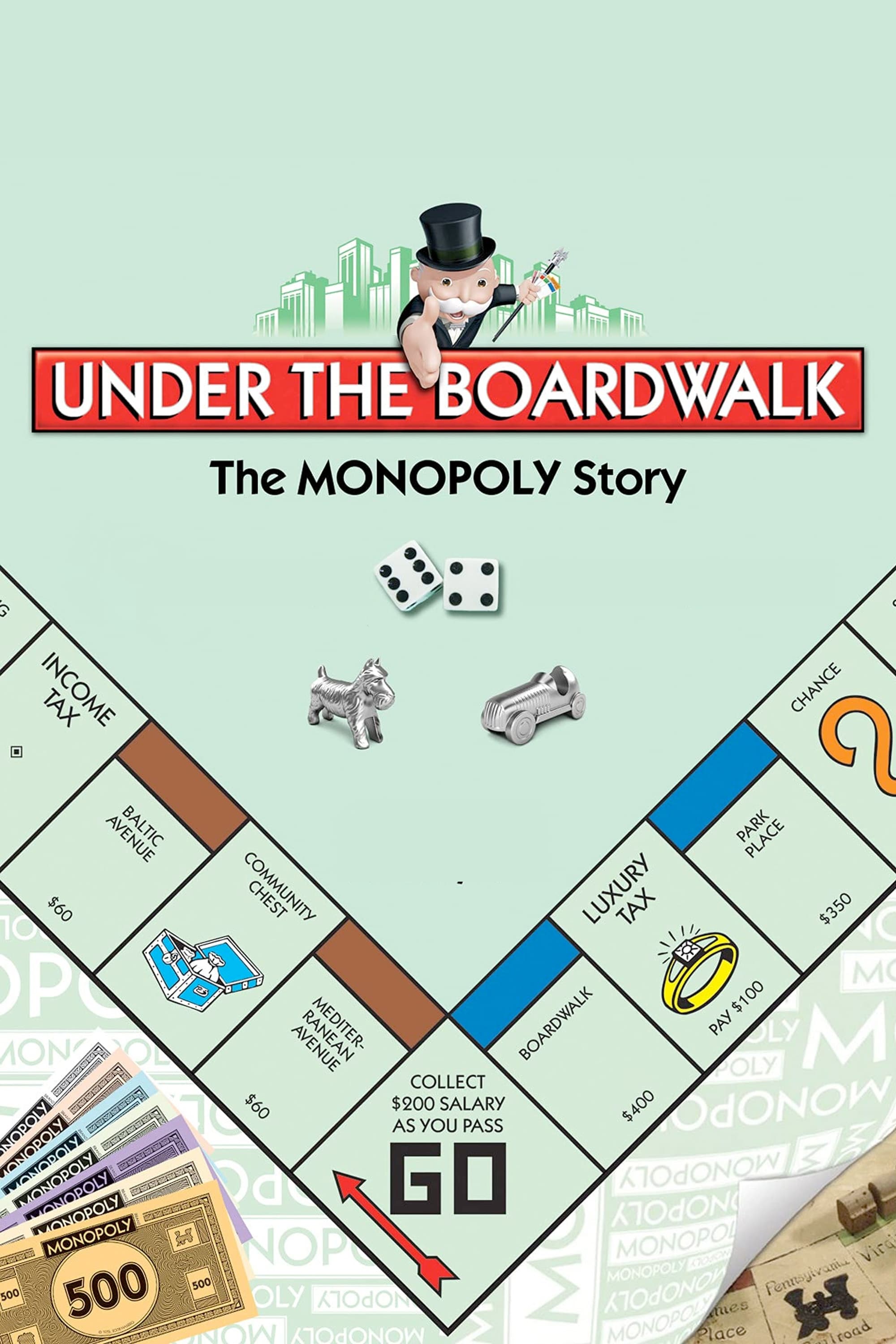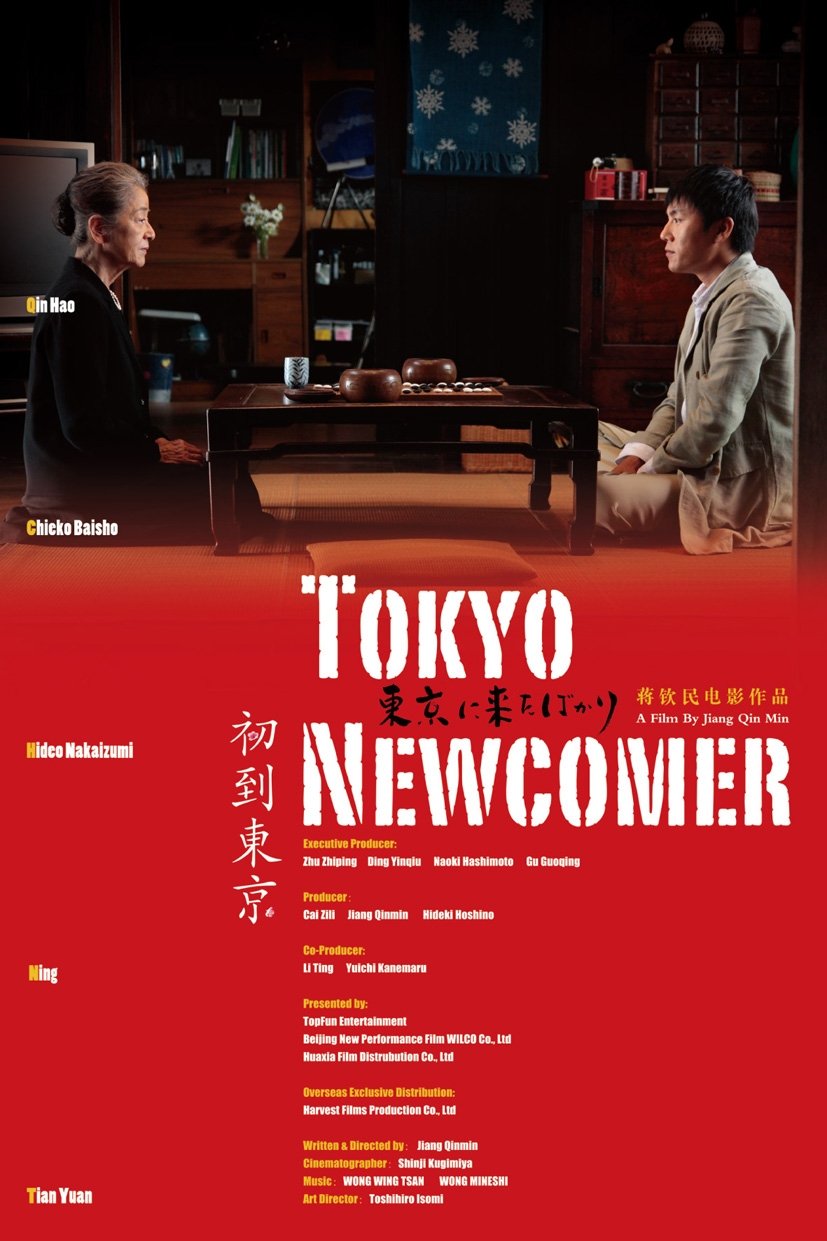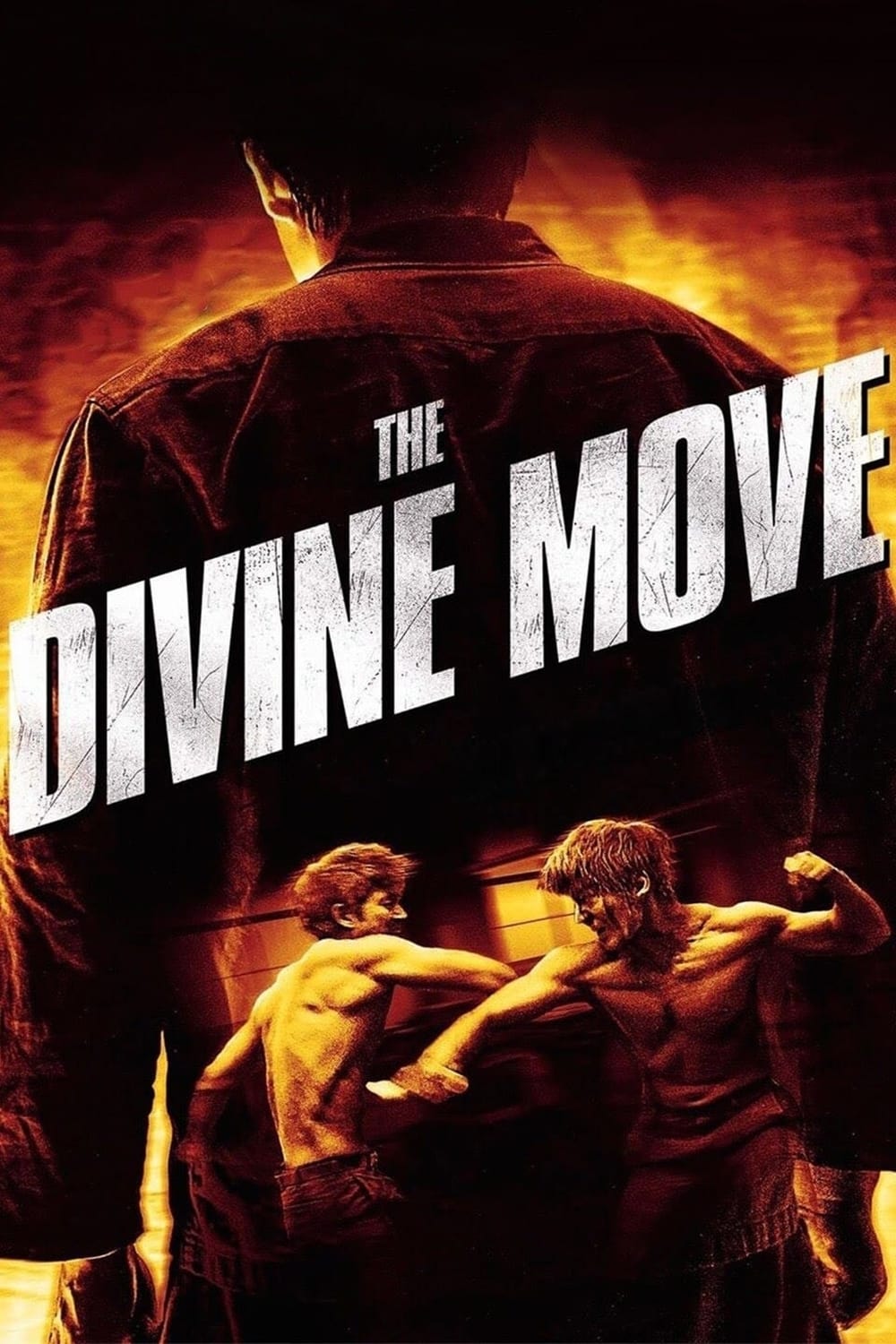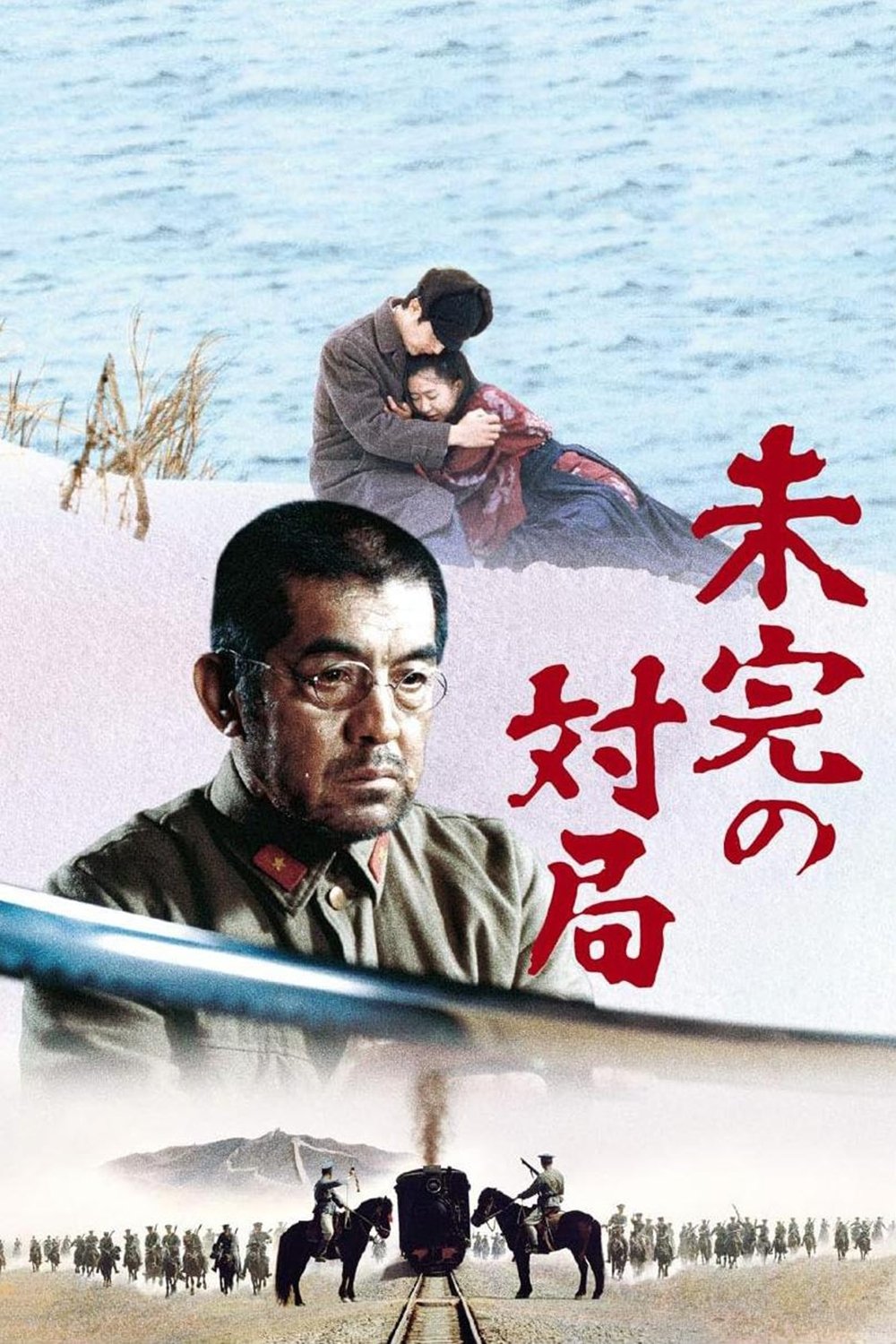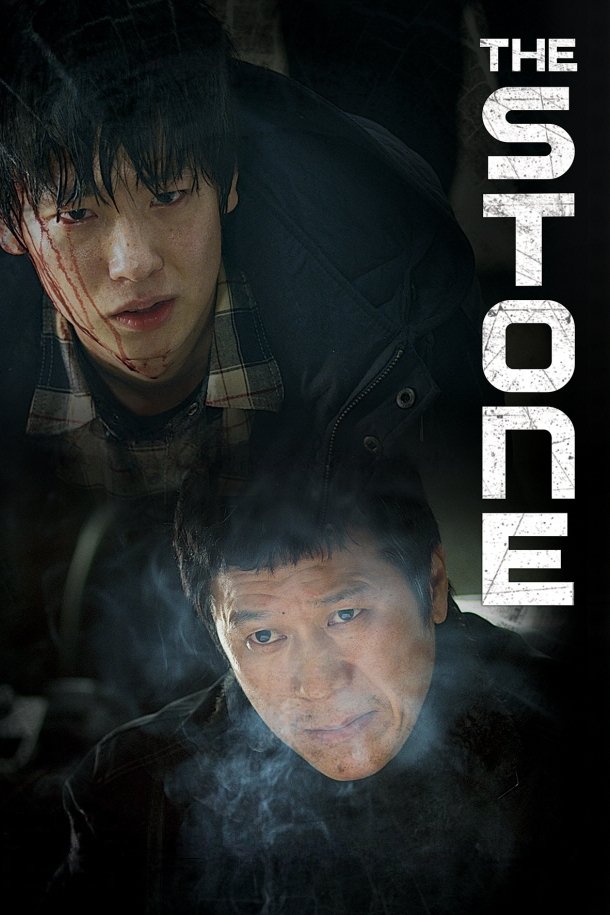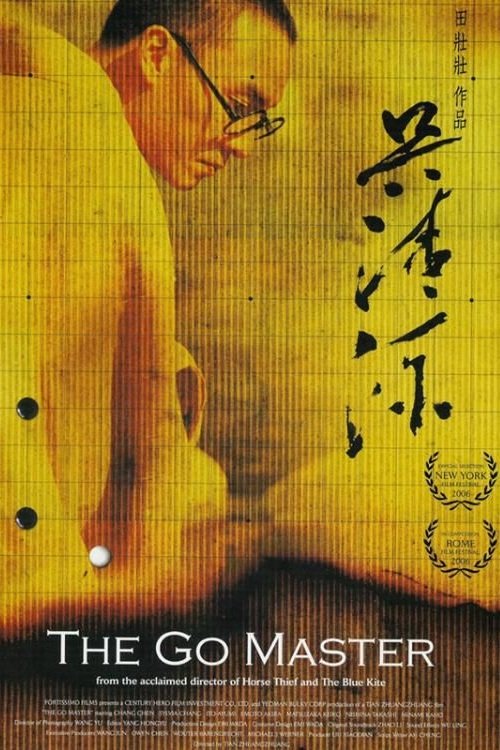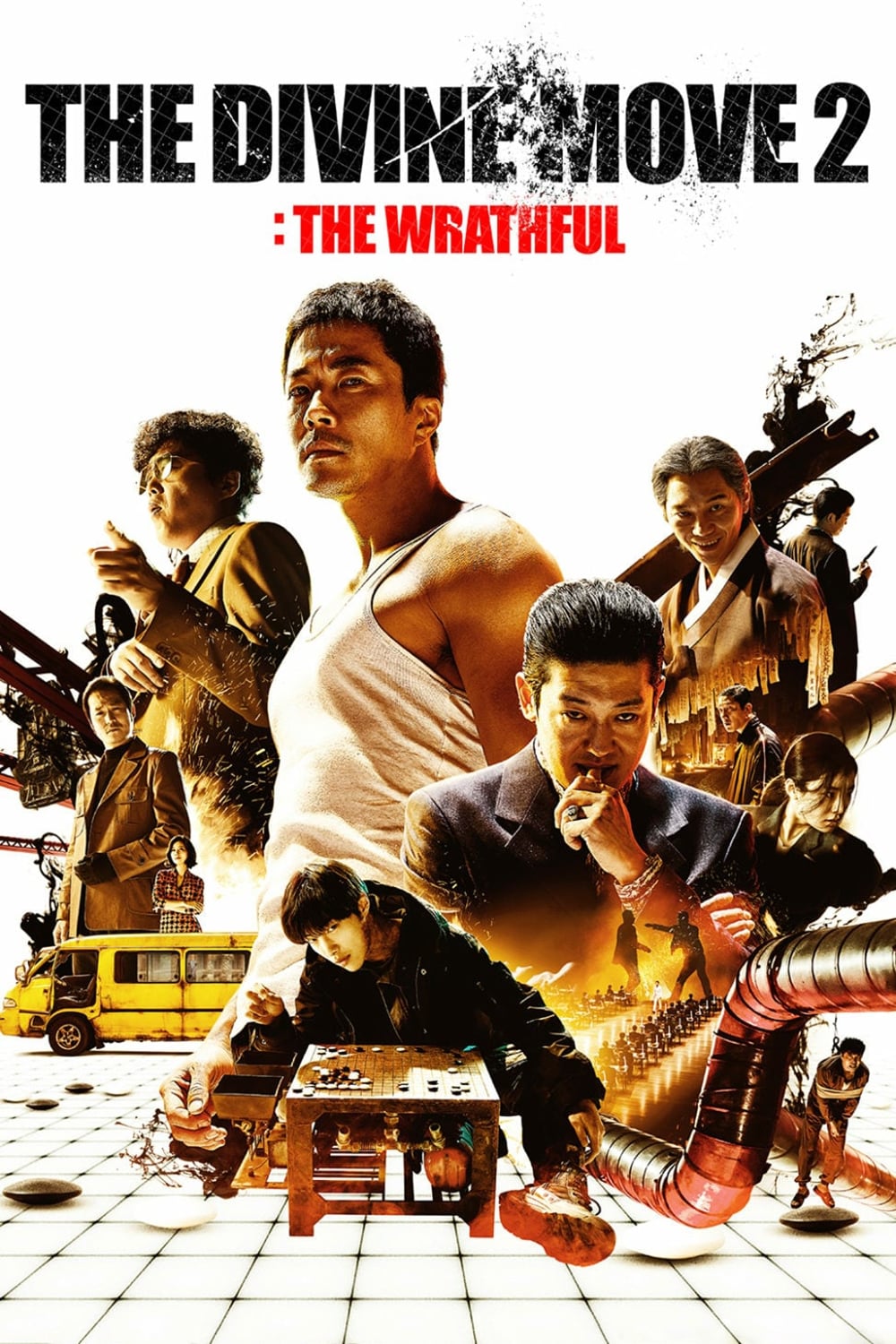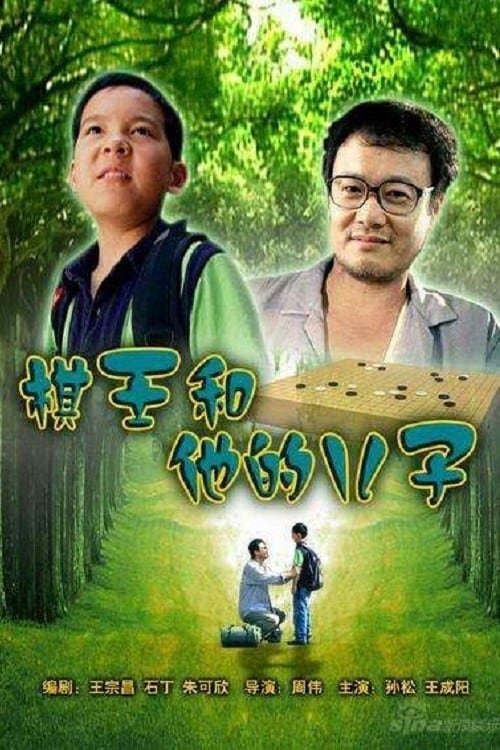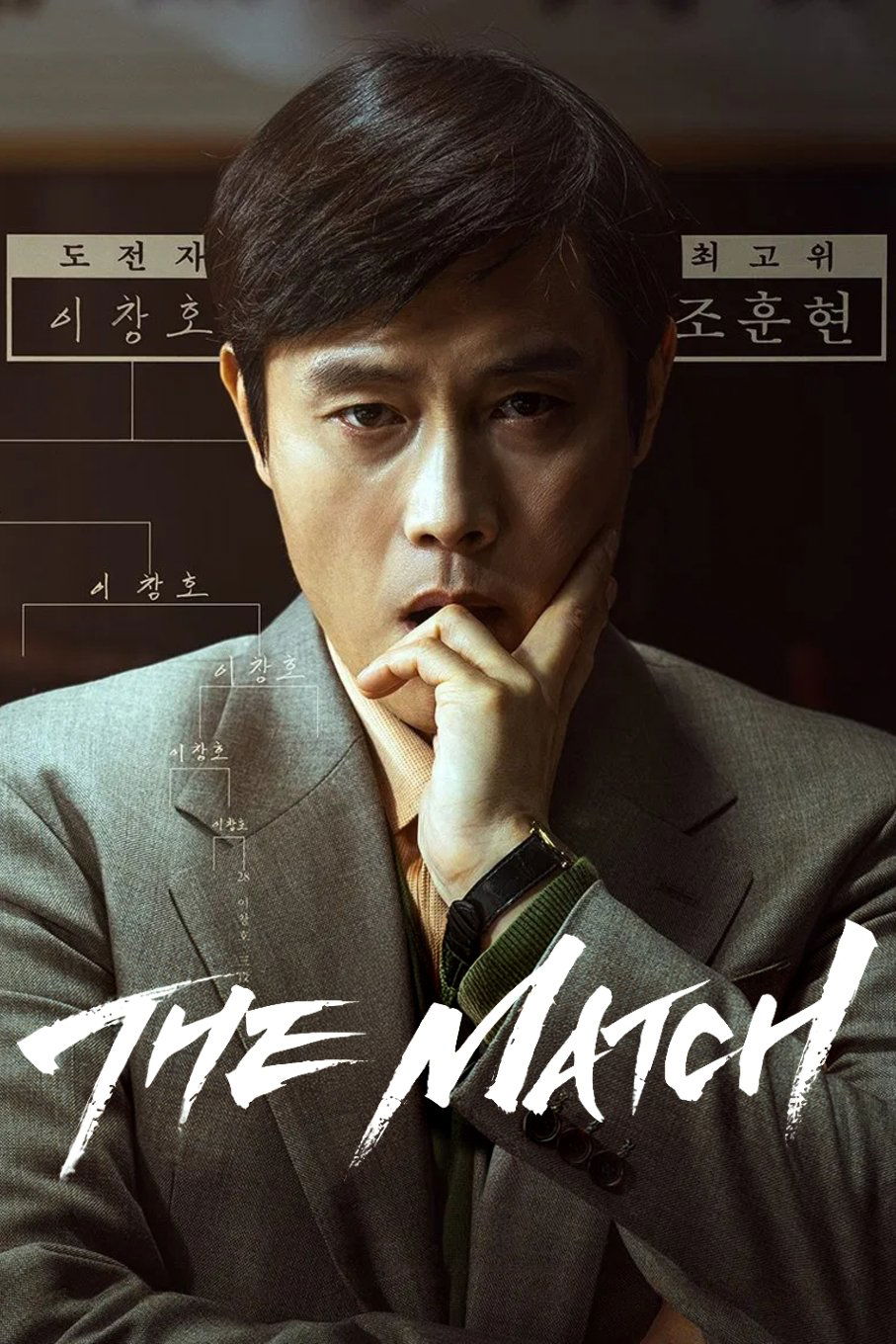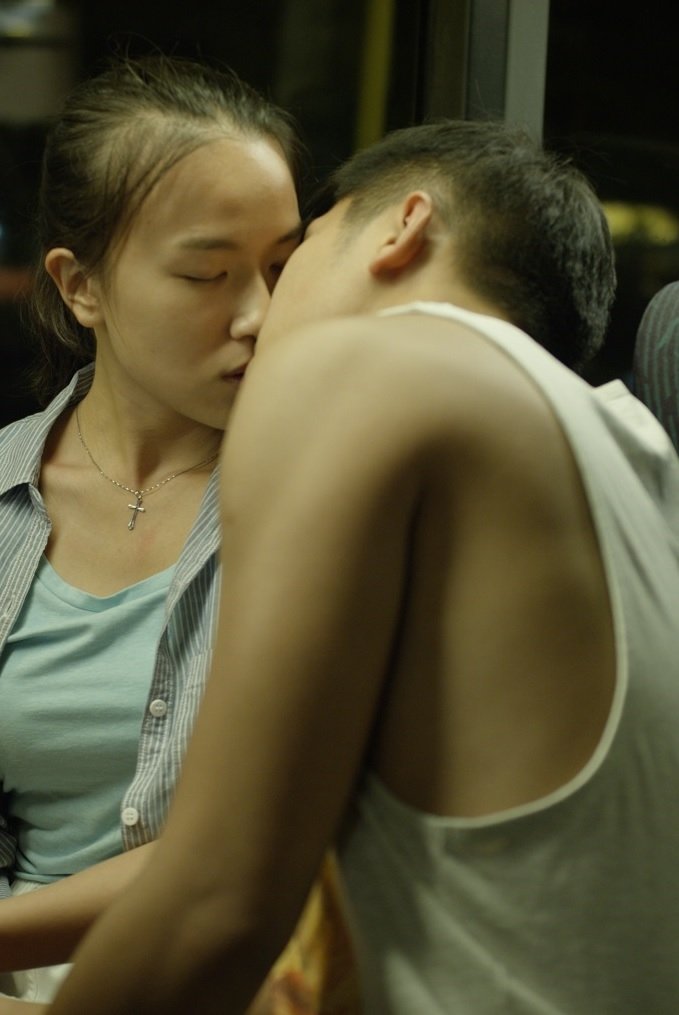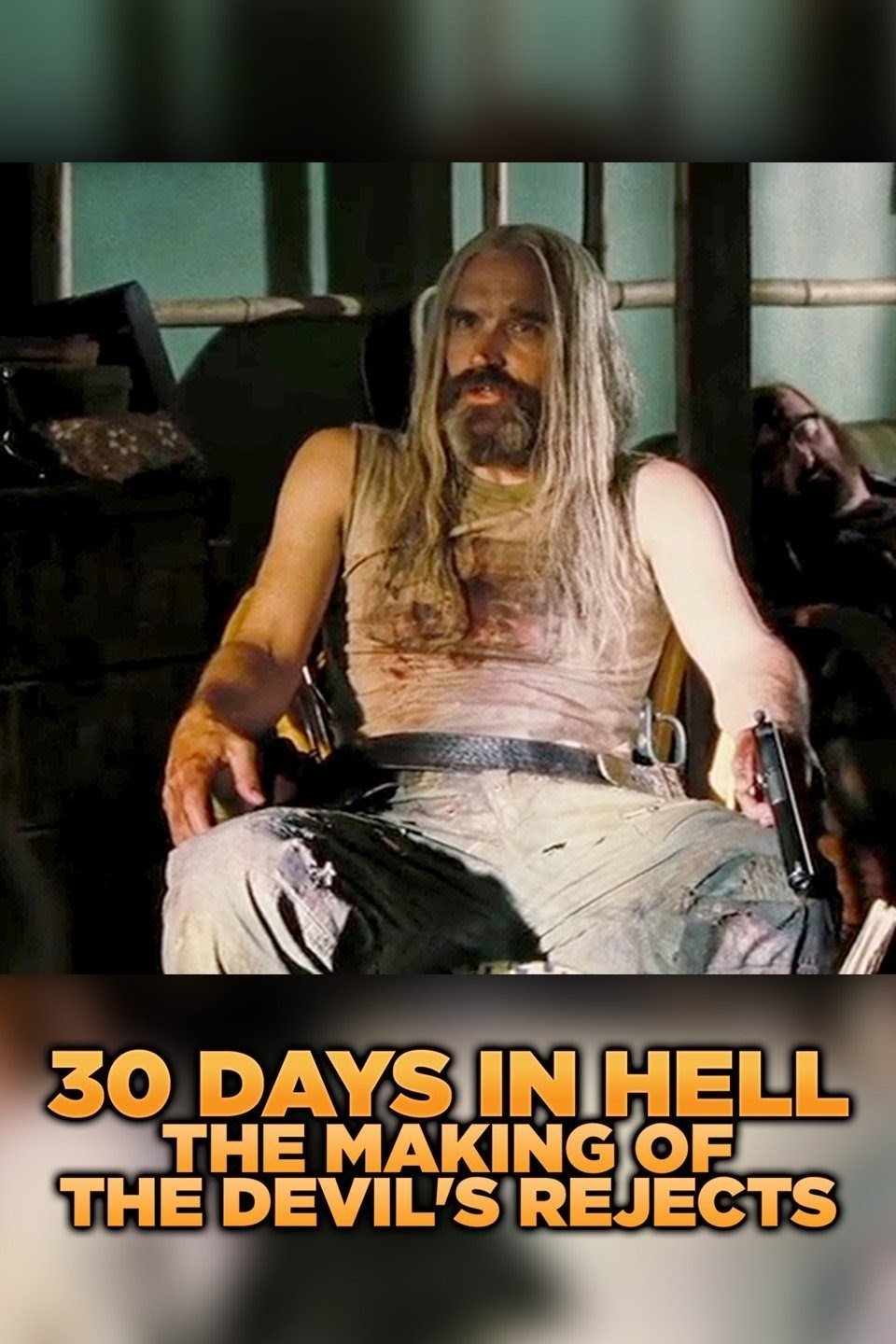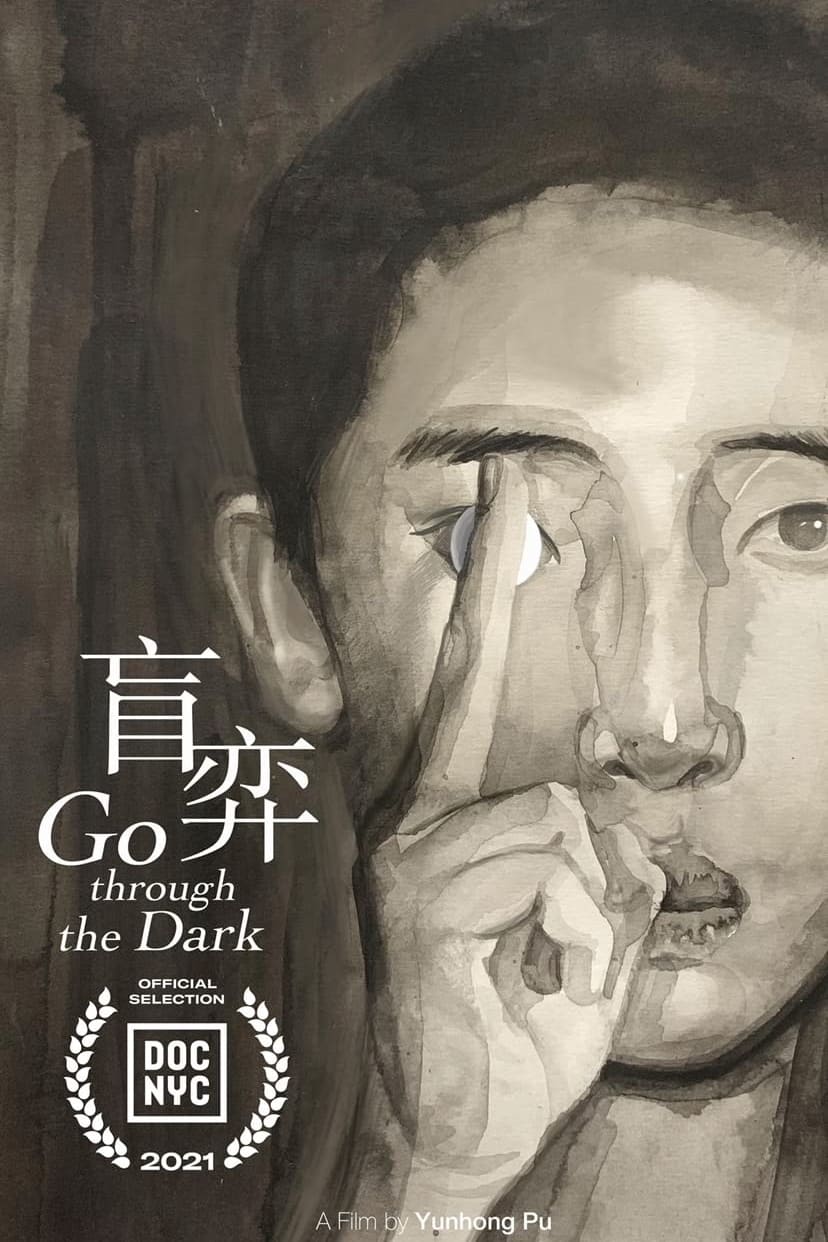
Go Through the Dark (2021)
Overview
Guanglin is a blind boy in China who displays great skill at the ancient board game called Go, in which two players place black and white pieces on a grid in an attempt to dominate their opponent. Raised by a single father with limited means, Guanglin faces deep societal prejudice against the blind. First-time filmmaker Yunhong Pu, supported by veteran producer Jean Tsien (76 Days), follows the father and son trying to make a better future for themselves.
Production Companies
Additional Info
| Budget | $0.00 |
|---|---|
| Revenue | $0.00 |
| Original Language | en |
| Popularity | 0.1875 |
Directed By
Yunhong Pu
Crew
Yunhong Pu
TOP CAST
Similar Movies
AlphaGo
The ancient Chinese game of Go has long been considered a grand challenge for artificial intelligence. Yet in 2016, Google's DeepMind team announced that they would be taking on Lee Sedol, the world's most elite Go champion. AlphaGo chronicles the team as it prepares to test the limits of its rapidly-evolving AI technology. The film pits man against machine, and reveals as much about the workings of the human mind as it does the future of AI.
The Surrounding Game
Born from the simplest rules, the ancient game of Go is the most complex and elegant game ever discovered. For thousands of years, masters and disciples have passed the game down as a window to the human mind. Now, for the first time, a group of Americans enter the ring, in search of a prodigy who will change the game forever.
Under the Boardwalk: The Monopoly Story
Under the Boardwalk: The Monopoly Story shows how the classic board game has become a worldwide cultural phenomenon and follows the colorful players who come together to compete for the coveted title of Monopoly World Champion.
Tokyo Newcomer
A young Chinese Go board game player arrives in Japan for training. He doesn't speak Japanese and becomes embarrassed living there. By dropping his Go stones, he happens to meet an old Japanese woman who sells vegetables on the street. They become familiar with each other. The young Chinese Go player, the old woman named Igarashi and her grandson Shoichi then live together.
The Divine Move
A professional GO player gathers a team to help him carry out his revenge against the man who killed his brother.
The Go Masters
Ten years before the outbreak of the Second World War in Asia, a Japanese Go master and his Chinese rival meet in China to play a game of Go (loosely described as an Asian version of chess). It soon becomes evident that the Chinese master's son is the most talented player that the Japanese master has ever encountered, and he convinces the boy's father to let him bring the child back to Japan to train him as a professional Go player. Years pass, and as the young Chinese master grows to maturity in Japan, the Japanese invasion of China forces him to choose between his triumphant career and his loyalty to his native country. His decision is complicated by his marriage to the daughter of the Japanese master, with whom he has produced a child. His choice will profoundly alter the lives of two families. Their saga serves as a reflection of the tragic relations between their two great countries, and the possibility of reconciliation and healing.
The Stone
A gang boss Nam-hae meets a young Go player Min-su, who rekindles his interest in the game. Despite his outstanding talent, Min-su has been wasting his days as a gambler without pursuing a real career out of it. Nam-hae orders his second in command to persuade Min-su and Min-su becomes Nam-hae’s private Go tutor. In learning Go from Min-su, Nam-hae looks back on his own life. While Min-su discovers the coarse masculine underworld, the meaning of life and true victory through Nam-hae. However, when Nam-hae’s competition starts to expand their territory, Nam-hae is forced into a path to destruction.
The Go Master
The life of Go master Wu Qingyuan from his meteoric rise as a child prodigy to fame and fortune as a revolutionary strategic thinker, as well as the tumultuous conflicts between his homeland of China and his adopted nation of Japan.
Bushido
Kakunoshin Yanagida was a samurai, but he was forced out of the Han due to a false accusation. He then lived in poverty with his daughter Kinu. Despite being poor, he never gave up his pride and honor that he held as a samurai. Even when playing the board game Go, which is his hobby, he always plays in a fair manner. Because of a case, the truth behind the false accusation is revealed. Kakunoshin Yanagida is shaken and filled with rage. He decides to take revenge, even if it means he will be torn from his daughter.
Weiqi Wonders: Conversations about the Game of Go in China
Weiqi, often referred to as "Go" in English, is arguably the most important game in East Asia, with an estimated thirty million to fifty million players throughout the world. Weiqi is a board game but it is more. It is immersed in more vivid and often contradictory cultural metaphors than any other game in the world. As Chinese politics have changed over the last two millennia, so too has the imagery of the game—from a tool to seek religious enlightenment to military metaphors, one of the noble four arts, one of the condemned “four olds”, nationalism, transnationalism, historical elitism, and futuristic hyper rationality.
The Divine Move 2: The Wrathful
In the 1990s, when Go gambling fever swept Korea, Gui-su loses everything because his father gambled obsessively until there was nothing left. Left all alone in the world, Gui-su meets a mentor and Go teacher, Il-do, and goes through vicious training to become the grandmaster of Go. He sets out for revenge on the world that destroyed his life, but soon finds himself chased by an unknown loner pursuing his own vendetta.
The I-Go King and His Son
When LIU Yishou, nicknamed the "Go King" by his peers because of his skill in Weiqi (Go), finds himself without a job. And with no other skills to make a living, he then turns to teaching this strategic Chinese board game in a humble training school for children. Annoyed by her husband's passion for the game, LIU Yishou's wife leaves him, but their son, Xiao Chuan, wants to stay with his dad. Unexpectedly, LIU Yishou discovers that his son has a great talent for playing Weiqi and vows to support him in developing his gift for the game. A struggle then arises for the Go King to come up with the money to finance his son's studies of Weiqi.
Affection
The story is told from the point of view of a high school girl called Jessie (Jessica Wong) whose talent for the Chinese board game Go has earned her the nickname ‘Queen Chess’. She balances her time between practising Go and hanging out with her boyfriend (Yau Hawk-sau Neo). The former seems to win for this studious girl, but it is clear she’s also seeking something to pull her out of this lonely life of late-night computer games.
Olympia: Part One – Festival of the Nations
Commissioned to make a propaganda film about the 1936 Olympic Games in Germany, director Leni Riefenstahl created a celebration of the human form. This first half of her two-part film opens with a renowned introduction that compares modern Olympians to classical Greek heroes, then goes on to provide thrilling in-the-moment coverage of some of the games' most celebrated moments, including African-American athlete Jesse Owens winning a then-unprecedented four gold medals.
Olympia: Part Two – Festival of Beauty
Commissioned to make a propaganda film about the 1936 Olympic Games in Germany, director Leni Riefenstahl created a celebration of the human form. Where the two-part epic's first half, Festival of the Nations, focused on the international aspects of the 1936 Olympic Games held in Berlin, part two, The Festival of Beauty, concentrates on individual athletes such as equestrians, gymnasts, and swimmers, climaxing with American Glenn Morris' performance in the decathalon and the games' majestic closing ceremonies.
Workers Leaving the Lumière Factory
Working men and women leave through the main gate of the Lumière factory in Lyon, France. Filmed on 22 March 1895, it is often referred to as the first real motion picture ever made, although Louis Le Prince's 1888 Roundhay Garden Scene pre-dated it by seven years. Three separate versions of this film exist, which differ from one another in numerous ways. The first version features a carriage drawn by one horse, while in the second version the carriage is drawn by two horses, and there is no carriage at all in the third version. The clothing style is also different between the three versions, demonstrating the different seasons in which each was filmed. This film was made in the 35 mm format with an aspect ratio of 1.33:1, and at a speed of 16 frames per second. At that rate, the 17 meters of film length provided a duration of 46 seconds, holding a total of 800 frames.
30 Days in Hell: The Making of 'The Devil's Rejects'
An exhaustive, detailed documentary on the 30-day film shoot of "The Devil's Rejects"
The Making of Roar
A production of Roar (1981) had special demands on both cast and crew. Learn about this incredible film and about the amazing people who made ROAR possible.
How to Win Eurovision
Greg James and Russell Kane present a look at all the ingredients needed to become a Eurovision winner, celebrating the UK's successes and also its hall of shame.
